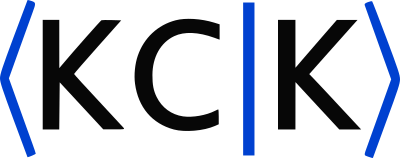Semi-device independent nonlocality certification for near-term quantum networks
Speaker: Ana Costa (Federal University of Paraná) Abstract Verifying entanglement between parties is essential for creating a secure quantum network, and Bell tests are the most rigorous method for doing so. However, if there is any signalling between the parties, then the violation of these inequalities can no longer be used to draw conclusions about […]
